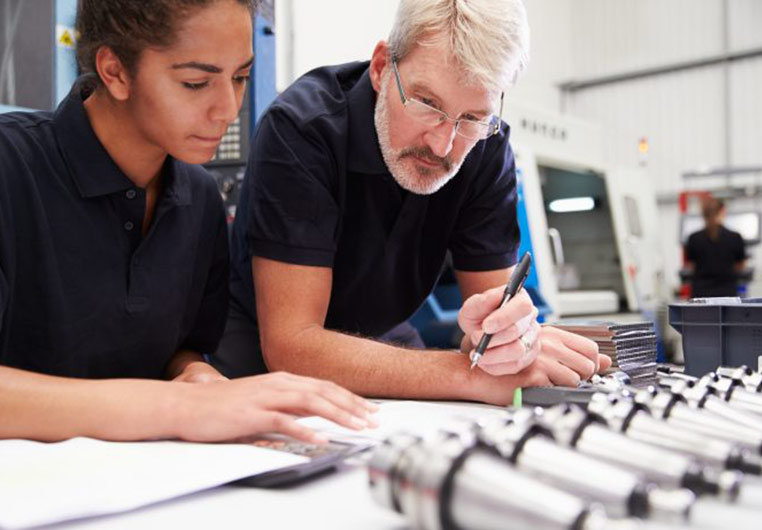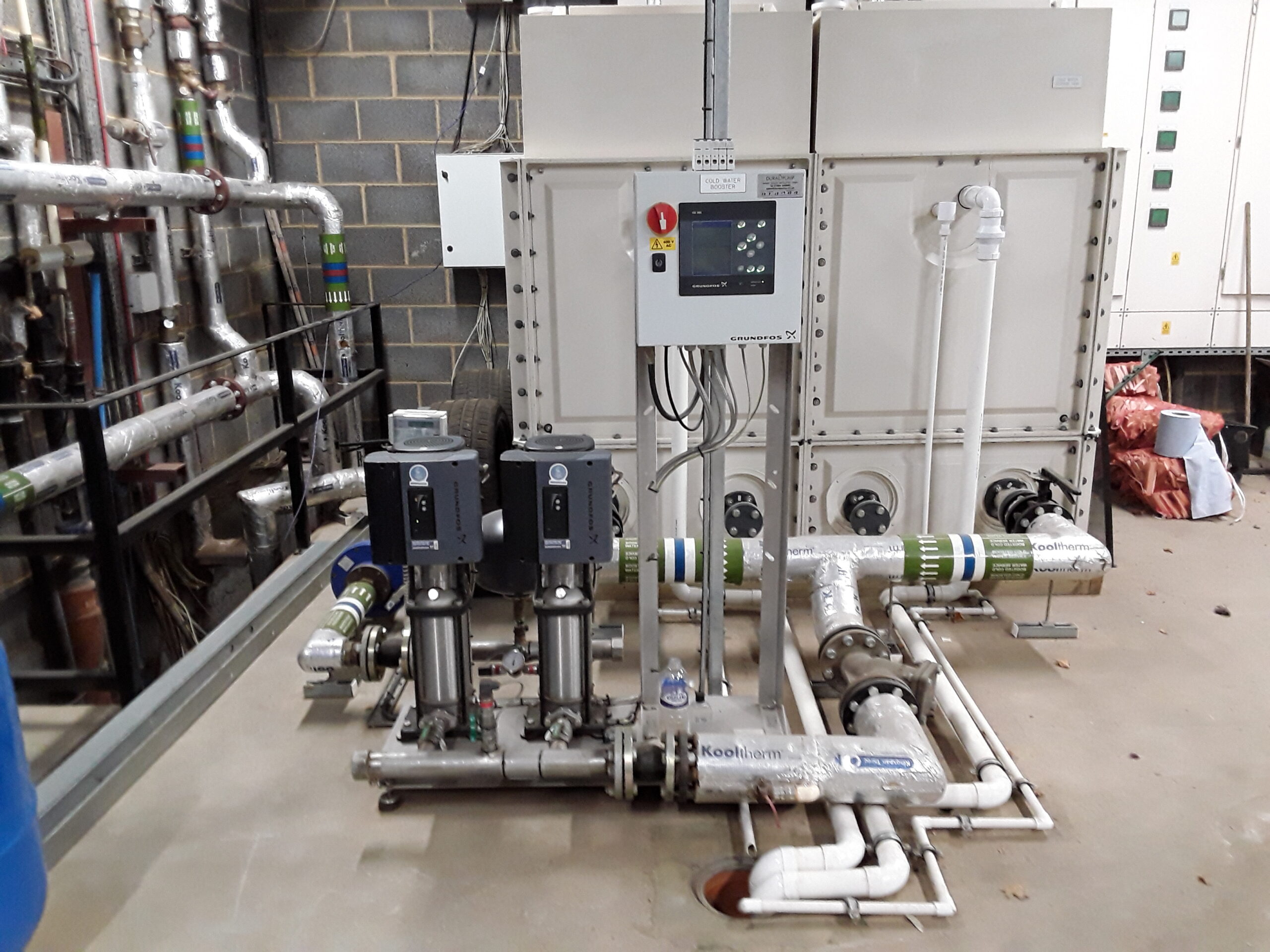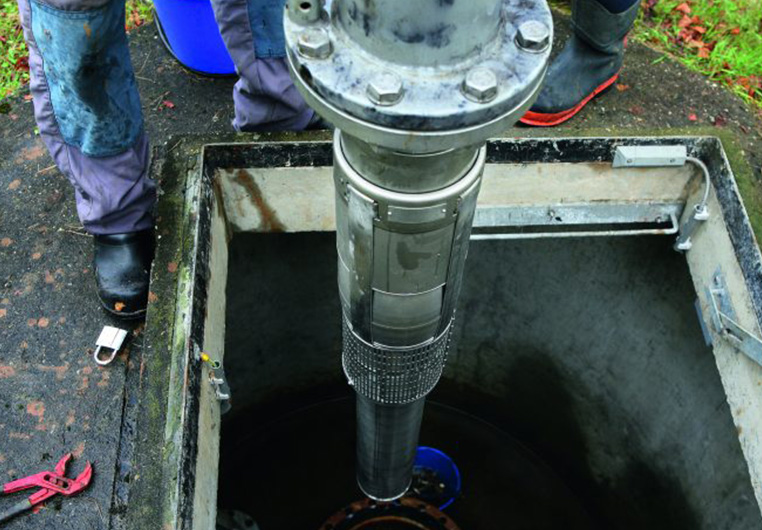What causes pumps to persistently fail?
 Posted on 10th January, 2018 by Dura Pump
Posted on 10th January, 2018 by Dura Pump 
The knock-on effects of a pump system failure can be detrimental to the production of your operation, particularly if the cause of failure is not correctly identified. Often the key point missed when approaching a pump repair is what caused the failure in the first place! There are a number of possible reasons, however using our extensive experience of repairing such systems we have compiled a list of the most common causes below…
- Incorrectly specified unit
- Incorrectly installed unit
- Wrong “stuff” going through the pump
- Power issues
- Changes to system since unit installed

Here’s our top 5 explained:
- Incorrectly specified unit
A lack of data being recorded upon the initial installation of a pump can result in one that is in fact under or over specified, both of which will cause failures as time goes on. This is particularly common in new build applications, where assumptions are often made before all the relevant factors have been analysed.
- Incorrectly installed unit
When carrying out our own surveys of a site, we often discover pumps to be installed sitting in the wrong position. A pump that should be mounted horizontally is fitted to the pipework in a vertical position, for example. Additionally, incorrect wiring or pipework are common causes of pump failure.
- Wrong “stuff” going through the pump
This can mean that the liquid is the wrong type for the specified pump, or that debris is being allowed to go through. In either case this could be happening unwittingly or unknowingly, and will result in a failing pump system.
- Power issues
Issues such as the power constantly tripping, power spikes or generator testing can be intermittent and hard to trace – meaning a pump can be failing without an immediately obvious reason. Some pump motors and controls are very sensitive and poor or dirty electricity can cause a lot of damage.
- Changes to system since unit installed
Buildings being extended, production lines being modified, heating systems getting additional outlets; over the years an operation changes and the pump system can be an afterthought. Instead of a new pump being specified when such modifications take place, pump systems are often just added to and over time they can no longer cope or operate as they once did.

Remember, pumps are designed to last and run efficiently and effectively in the system they are installed into. If you are experiencing persistent failures, something is wrong. For unbiased advice, reach out to one of our technical fault-finding experts and remove the frustration of persistent failure and down time.
Check out our case studies here to find out how Dura Pump have helped many companies to avoid failure using our specialist expertise and access to the best suppliers!




